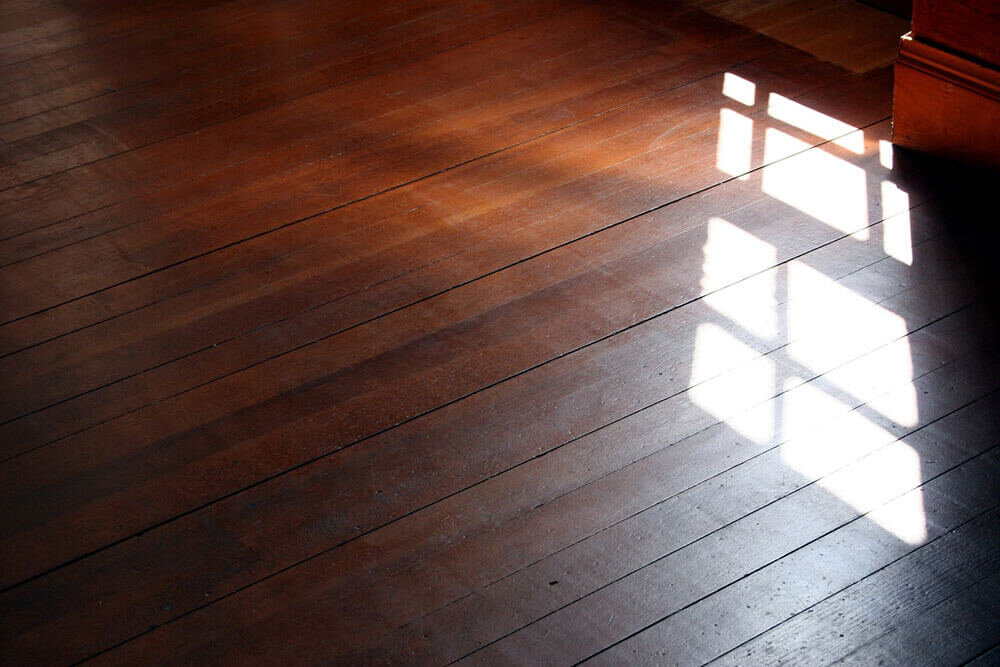Having a hardwood floor in your home is a wonderful thing. A well-maintained hardwood floor provides a sense of legacy and history, and can add a touch of class to almost any type of building.
However, hardwood floors do come with their own unique set of problems. One of the most common problems is the way hardwood floors tend to squeak, creak, and make all sorts of noise. This can be a good thing if you’re concerned about someone sneaking in or out, but pretty annoying the rest of the time.
What to Know About Noise from Hardwood Floors
Why Does Your Hardwood Floor Squeak?
Before we can get to the problem, we must first understand why the floor is making noise. Most hardwood floors squeak because the floorboards are moving. Where the noise is coming from can clue you into what the problem is. If the noise seems to be located in one specific area, this usually means the floorboards are rubbing up against each other. If the sound comes from the room in general, the floorboards are likely rubbing up against the subfloor. In the majority of cases, the root of the noise comes from the level of moisture in the air.
What Does Moisture Have to Do With Noisy Floors?
Moisture is the number one problem for flooring. In residential carpeting, it can lead to mold and that musty smell you often find in basements. For linoleum and vinyl plank flooring, it also can lead to warping and distortion. For hardwood flooring, it leads to noisy floors.
There is a lot of moisture in the air during a Nashville summer. This will cause the hardwood flooring to swell. Any time there’s a change in the relative size of the floorboards, you’re going to get noise. Luckily, there is an easy fix. A dehumidifier will absorb the natural moisture in the air (which gets more problematic when the AC is running), bringing it to a more natural state. Once the swelling reduces, the floors should be a lot quieter.
The Hardwood Floor is Still Making Noise
There are some other things you can do if this doesn’t solve the problem. If the noise seems to be caused by the floorboards rubbing up against the subflooring, you can always screw the loose floorboard into the subflooring. This will increase the binding between the two levels, meaning there’s less room for the individual board to move. Just be careful: if the floorboard is swollen (or too dry), it can lead to further cracking and warping. A temporary fix is to use a lubricant, such as WD-40, for board-to-board problems since it will ease the friction between the boards and thus lessen the sound.
While a squeaky floor may be annoying, it’s rarely the end of the world. Usually it just means you need to pay attention to the moisture levels in your home. If that doesn’t fix the problem, then it might be time to talk to the professionals at Ozburn-Hessey about fixing it, or about getting a new floor entirely. Call us today!




